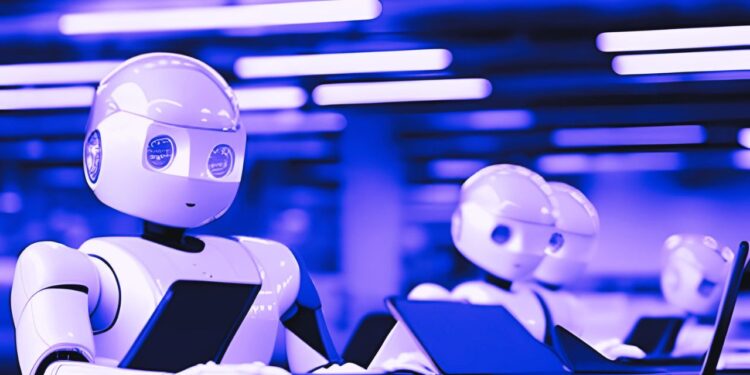What’s going on:
The Organisation for Economic Co-operation and Development (OECD), comprised of 38 countries, published a report revealing that an average of 27% of jobs are at risk of being eliminated by AI, according to Reuters. This is due to the widespread use of automation brought on by AI technology. The report found that Eastern European countries were particularly at risk, with jobs requiring more than 25 out of the 100 skills and abilities believed to be the most susceptible to AI automation.
Why it matters:
The rise of AI and automation is especially concerning for employees with three out of five fearing they could lose their jobs to AI within the next decade, according to Reuters. The report surveyed 5,300 workers across 2,000 firms and found that two-thirds of workers who are already working with AI have reported that automation has made their jobs “less dangerous or tedious.”
How it’ll impact the future:
The far-reaching impact of AI on the workforce will largely depend on the policy actions taken by governments and regulators. While a number of jobs are expected to become obsolete by the use of automation, others will likely be created. OECD Secretary General Mathias Cormann emphasized the need for governments to help workers prepare for these anticipated changes so that people can benefit from the potential opportunities that AI will bring.
The key is to ensure that workers are adequately prepared for these changes and that their rights are protected. On top of governments and regulators, business leaders will play an important role in shaping how the workforce adapts to the advent of AI. The challenge lies in ensuring that workers are equipped with the necessary skills to adapt to these changes and that they are not left behind in the AI revolution.



 Dr. Gleb Tsipursky – The Office Whisperer
Dr. Gleb Tsipursky – The Office Whisperer Nirit Cohen – WorkFutures
Nirit Cohen – WorkFutures Angela Howard – Culture Expert
Angela Howard – Culture Expert Drew Jones – Design & Innovation
Drew Jones – Design & Innovation Jonathan Price – CRE & Flex Expert
Jonathan Price – CRE & Flex Expert










